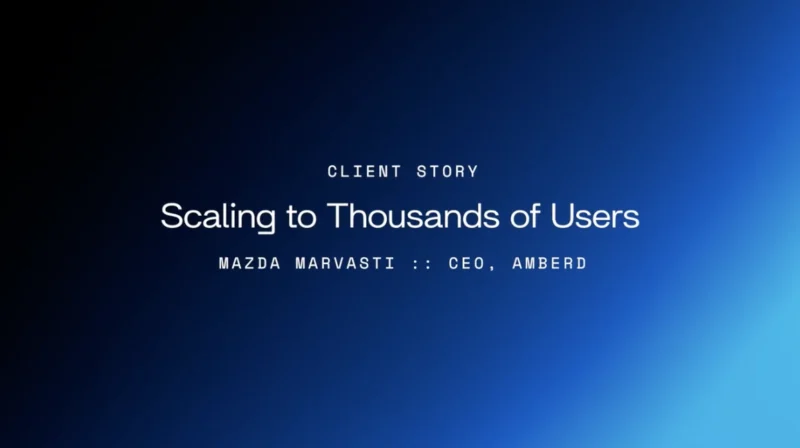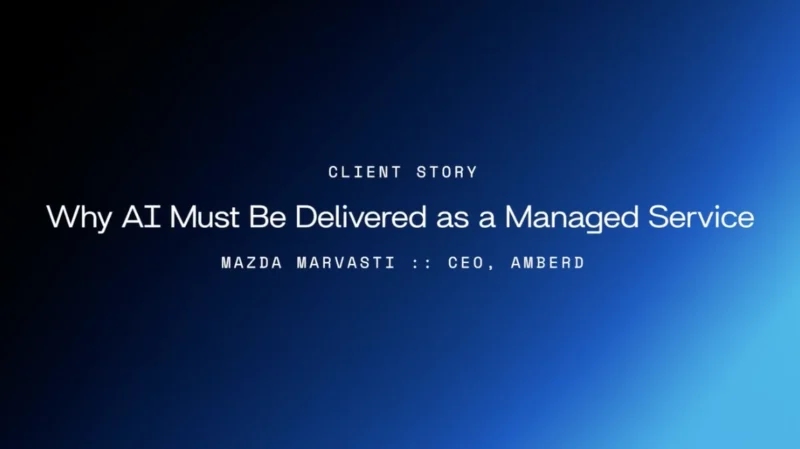AI Development Navigates The Latency Sensitivity Spectrum: Training Allows For Slow Processing, But Real-Time Tasks Require Lightning-Fast Inference
Latency sensitivity in AI processes varies significantly between training and inference. Training operations, which involve processing large datasets over extended periods, are generally very tolerant of high latency. This tolerance allows training tasks to be performed with minimal concern for immediate responsiveness.
Wes Cummins, the CEO of Applied Digital joins David Liggitt, the Founder and CEO of datacenterHawk to talk about the spectrum of latency sensitivity within AI inference tasks. Mission-critical inference applications require ultra-low latency and high reliability, often needing to operate in cloud regions with five-nines reliability. Conversely, batch inference tasks, such as those involving generative AI for text-to-image or text-to-video conversions, can afford much higher latency. Chatbots and similar applications fall somewhere in between, with reasonable tolerance for latency variations.




